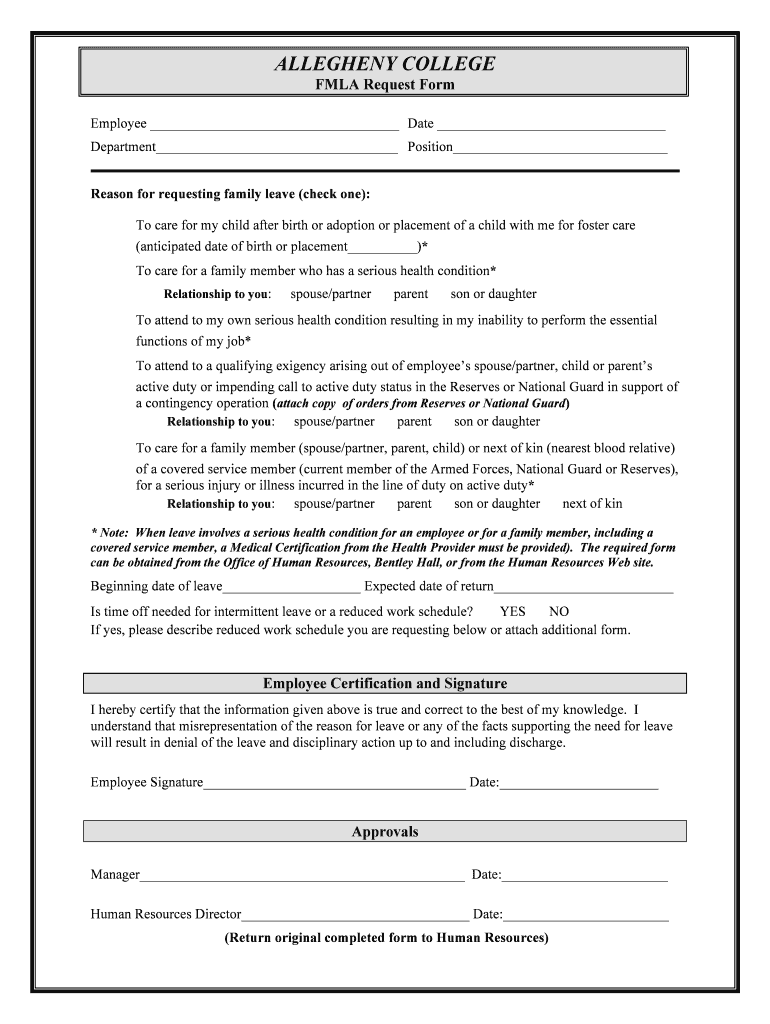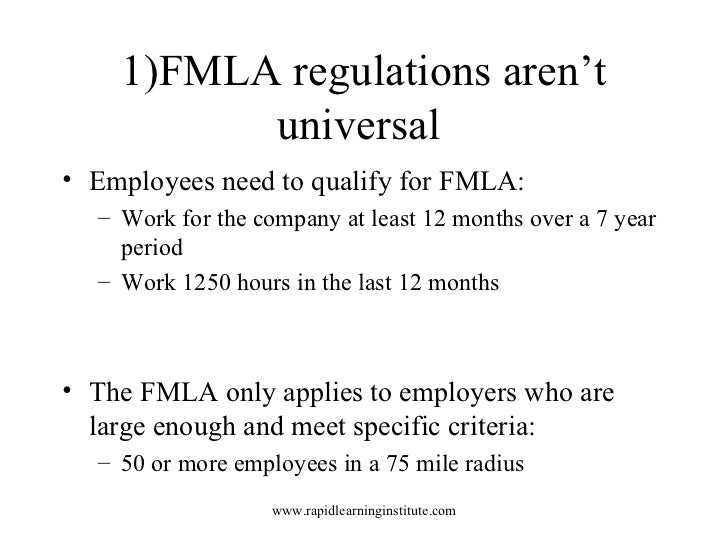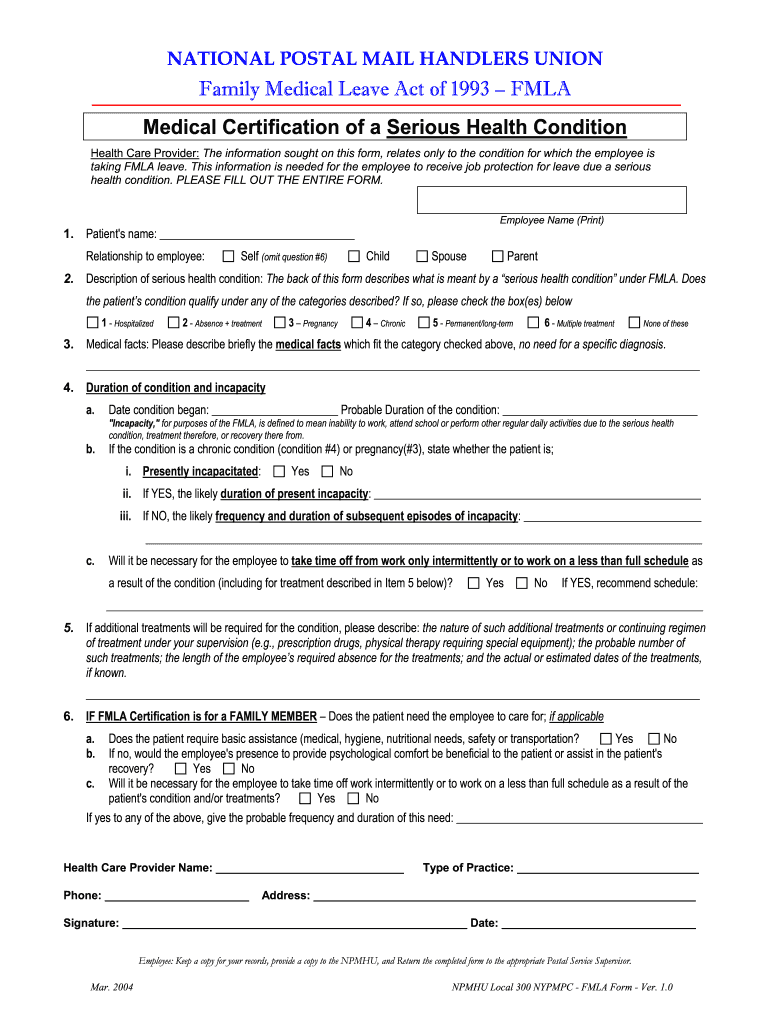5 Facts About FMLA Paperwork Expiration Dates

The Importance of Understanding FMLA Paperwork Expiration Dates

Understanding the expiration dates of Family and Medical Leave Act (FMLA) paperwork is crucial for both employers and employees. The FMLA was enacted to provide eligible employees with up to 12 weeks of unpaid, job-protected leave each year for specific family and medical reasons, but managing the paperwork associated with these leaves can be quite complex. Here are five critical facts about FMLA paperwork expiration dates:
1. FMLA Certification Validity

The initial FMLA certification, which is completed by a healthcare provider, typically has a validity period of up to 12 months or until the employee returns to work, whichever comes first. Here's what you need to know:
- If an employee takes intermittent leave, the certification could remain valid for the duration of their approved leave or until their leave entitlement is exhausted.
- Recertification: Employers can request recertification when the circumstances described by the previous certification have changed significantly, or if the employee seeks to extend their leave, the need for which is not long-term or permanent.
⚠️ Note: Employees might need to provide new medical certification if their condition changes or if they need an extension beyond the initial certification period.
2. Expiration and Renewal of FMLA Leave

Each FMLA leave year renews at the beginning of a 12-month period. Employers can choose one of four methods to determine this period:
- The calendar year.
- Any fixed 12-month "leave year."
- The 12-month period measured forward from the date an employee's first FMLA leave begins.
- A "rolling" 12-month period measured backward from the date an employee uses any FMLA leave.
This renewal mechanism affects when employees can take leave again:
- Employer’s Method: Employees must know their employer's method for calculating the leave year to understand when their entitlement resets.
- If an employee used all their FMLA leave in the past year, they must wait for their leave year to reset before taking additional leave.
3. Extension Beyond the Initial Certification

While FMLA certification might have a set expiration, employees can request an extension of their leave if their condition requires it. Here's what you should consider:
- If an employee's condition or the need for caregiving extends beyond the certification period, they need to provide a new certification to validate the extended leave.
- Employers may require updated medical documentation before approving an extension to ensure the employee still qualifies for FMLA.
4. Managing Intermittent Leave

Employees taking intermittent leave under FMLA can face a unique set of challenges regarding paperwork expiration:
- Recertification: Employers might request recertification more frequently for intermittent leave if there's a significant change in the frequency or duration of leave.
- Employees must be aware of when their certification expires to avoid any lapse in their leave protection.
Here's a quick reference guide for intermittent leave:
| Condition | Certification Duration | Recertification Frequency |
|---|---|---|
| Chronic Condition | 6 months | Up to every 6 months |
| Chronic Condition | 12 months | Upon request or change in condition |

5. FMLA Expiration and Coordination with Other Leaves

When FMLA leave expires or is exhausted, employees might coordinate with other types of leave to extend their time off:
- If FMLA leave runs concurrently with other employer-provided leaves (e.g., short-term disability), employees need to know when one leave ends and another begins.
- In some cases, state laws or company policies might offer additional time off, which could extend beyond the FMLA period.
In summary, understanding the nuances of FMLA paperwork expiration dates is essential to effectively manage leave, ensure compliance with the law, and protect both employee and employer rights. Knowing when certification must be renewed, how leave renews, and coordinating with other leaves can prevent gaps in coverage and ensure a smoother return to work process.
Frequently Asked Questions

What happens if I don’t renew my FMLA certification on time?

+
If you fail to renew your FMLA certification, your employer might not approve your continued leave, and you might lose your job protection under FMLA. Remember to keep track of your certification validity dates.
Can an employer deny FMLA extension requests?

+
Yes, an employer can deny an FMLA extension if the employee does not provide adequate medical documentation showing the need for additional leave or if the employee has exhausted their FMLA entitlement for the year.
How often can an employer request recertification for intermittent leave?

+
Employers can request recertification no more frequently than the minimum duration specified in the certification or every six months, whichever is longer, unless there has been a significant change in the employee’s condition or leave schedule.